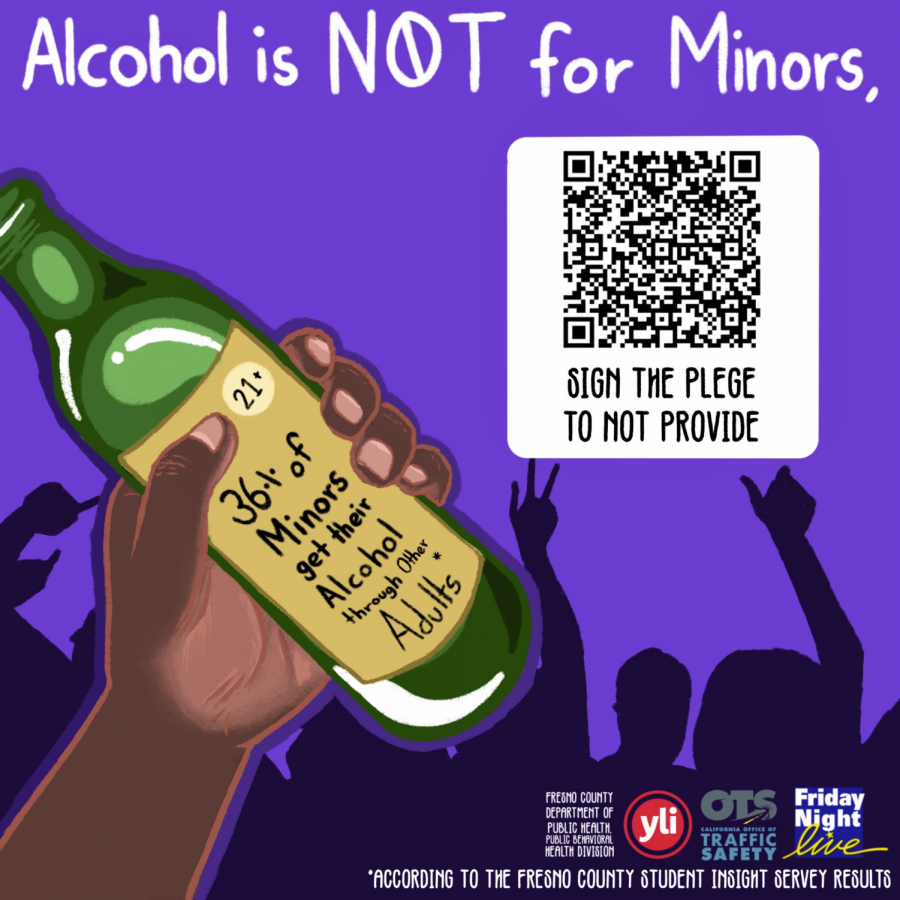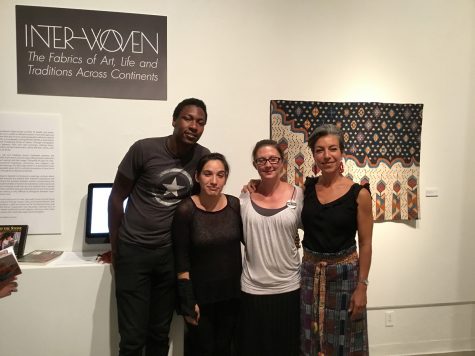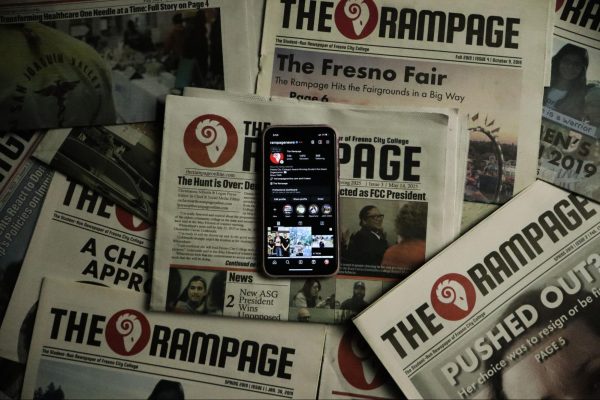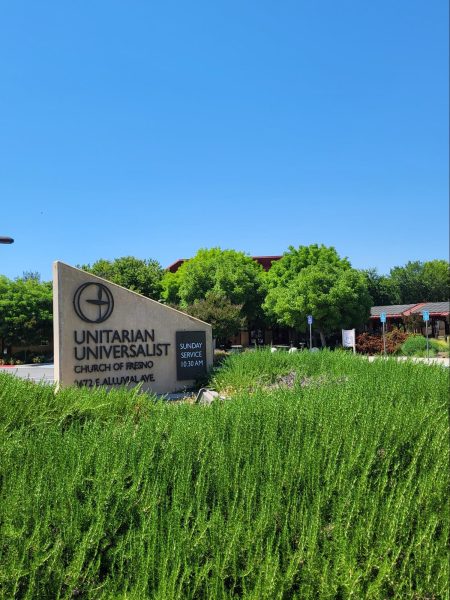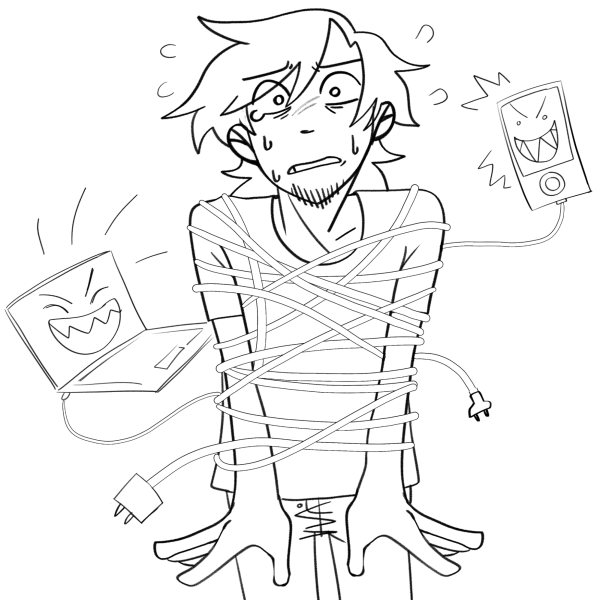Op-Ed: YLI Coordinator Shares his Experiences
“We want to engage college-aged young adults by educating them to drink responsibly and empowering them to be a part of the solution to not provide alcohol to minors,” says Jennifer Mendoza from Orange Cove. That statement from a youth leader is a sentiment being echoed throughout Fresno County.
Young people recognize accessibility to alcohol as an issue in their neighborhoods. With advertisements glaring at them on Billboards or as they enter a convenience store, it is no surprise that the youth of today are inundated with messages enticing them to consume alcohol.
This is written not to bash those who consume alcohol, but rather to create awareness surrounding the influence young adults in their 20s have on today’s youth. Having grown up in a rural community in Fresno County, I understand the pressures of attending parties during my high school years and feeling the adolescent communal pressure to drink. However, more often than not, the alcohol that was supplied at these parties were not stolen from our parents’ liquor cabinet — they were bought by close friends who were of age to purchase alcohol. We knew the drill: show up to the party with cash on hand to give to the person who would in turn buy the alcohol for the event. Most times, that person was a friend or distant acquaintance who had just graduated high school a few years prior. According to the 2018-2019 Fresno County Student Insights Survey, 67% of youth found that alcohol was accessible amongst their friends.
As a former college student, I saw similar occurrences happen during my time as an undergrad. Attending parties where young people who were clearly Freshmen (aged 17 or 18), intoxicated amidst the crowd of twenty-somethings. Young people from the Fresno County Youth Advocacy Leadership League (YALL) found this to be a common and salient issue.
As youth advocates in their own right, the YALL team consists of determined leaders from across Fresno County who participate in their local Friday Night Live (FNL) chapters. FNL is a statewide program which builds partnerships for positive and healthy youth development which engage youth as active leaders and resources in their communities. Fresno County’s FNL program is run out of the Youth Leadership Institute, a statewide community benefit organization which builds communities where young people and their adult allies come together to create positive community change that promotes social justice and racial equity.
In the Fall of 2019, the YALL team curated their I Won’t Provide (IWP) campaign which aims to target young adults in their early 20s as an alcohol access point for minors. “As a young person from Fresno County, this is important to me because of the consequences I have seen throughout my family, peers and community where they conducted themselves in a negative way,” said Esmeralda Hernandez from Kerman.
The IWP campaign officially launched with a press conference last December on the Fresno City College campus. FCC President Carole Goldsmith attended the event alongside youth leaders. “If you have alcohol in your home, you need to be mindful of who else has access to it,” said President Goldsmith to youth. The IWP campaign is the first of its kind in the country that targets young adults between the ages of 21 to 26. After COVID-19 initiated the state to shelter-in-place, original outreach events and campaign ventures had to be altered to ensure the safety of the community. Youth are encouraging young adults to take an online pledge via Change.org which asks young community members to drink responsibly — responsible drinking includes not providing alcohol to minors.
By Summer 2020, the I Won’t Provide pledge garnered more than 50 online signatures. The YALL team also recognizes the increase of boredom and ultimate accessibility of alcohol amongst minors as they safely quarantine at home. YALL leaders are urging students from college campuses across the County to take the pledge, and prioritize the health of their younger peers by participating in the I Won’t Provide campaign.

